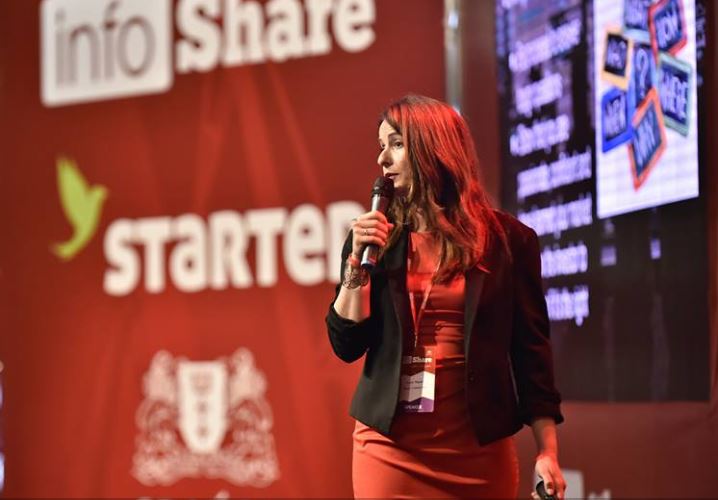At Infoshare 2016, Rachel Milgram of InnovIL shared an investor’s perspective on startup funding. Rachel’s expertise comes from years of working closely with VC’s and business angels to evaluate companies seeking investment and help match them with the right opportunities.
“The fundamentals are never going to change”, says Rachel. “When an investor looks at an idea, they will always look for the same things.”
Investors, she explains, have developed certain formulas. They know how their startups have succeeded in the past, and will look for similar strengths.
“The market and industry might change, but the fundamentals won’t.” So what are the fundamentals?
Market trends
Investors follow market trends. “Is it a hot sector? Is the market really showing high performance and growth? Investors tend to invest in ideas that are in a hot market,” says Rachel. “They will look at growth patterns.” Investors will be keen to listen to your idea if you can show growth within your market segment.
Market forces will greatly affect the value of your company. Investors are not interested in investing in a startup in a sector that has shown poor performance. And new regulations and initiatives will always drive demand for new technologies. “If there is a US/China global energy summit where they decide to reduce pollution, that will create a need for a new product,” says Rachel.
Markets that are considered hot today include mobile health applications, wearable devices,AI, cyber security, and big data management. And of course “Fintech- p2p money transfer and moving money across borders, and mobile banking, is huge.”
The team
The quality of the management team is one of the most fundamental considerations for any investor. But what do they look for? “They want to make sure you are the kind of people they can work with long-term – that you’re willing to listen, you’re flexible, and that you aren’t so in love with your idea that you won’t be willing to change along the way. A team must be receptive to new ideas, and willing to be mentored.”
Rachel advises putting aside egos, and choosing the person from your team who can best present to an investor. Companies should make sure they have professional investment decks, and that their team includes R&D.
Functioning, scalable product
Does your product do what it is supposed to do? Is it applicable to global markets? Did you do your research? These are important questions you must be ready to answer. “Always think globally,” says Rachel. And even if you have no paying customers, show some traction. A letter of intent from a potential customer, for example, can help show your product is ready to hit the market.
Finding the right investor
Rachel advises that startups are prepared to answer tough questions, but to also make sure that they are interviewing potential investors themselves, to make sure they are a good match.
“Take some time to learn about the investor before you approach them. See what they have done in the past, and what companies they have supported, and their history and record.”
Do you want an investor who is laid back, or one who holds your hand? Do you want help with contacts and potential customers? What does the investor expect from you? Do you need to provide an ROI within a certain amount of time? Do your personalities and financial expectations match?
“Otherwise, it can turn into a nightmare,” says Rachel.
She also reminds startups to be transparent.
“Be honest when you don’t know something. Investors will challenge you to see if you’re fighting it, if you’re stubborn. They want to see how you will handle pressure.”
 Nordic Startup News Early Stage Startup News From The Nordics
Nordic Startup News Early Stage Startup News From The Nordics


